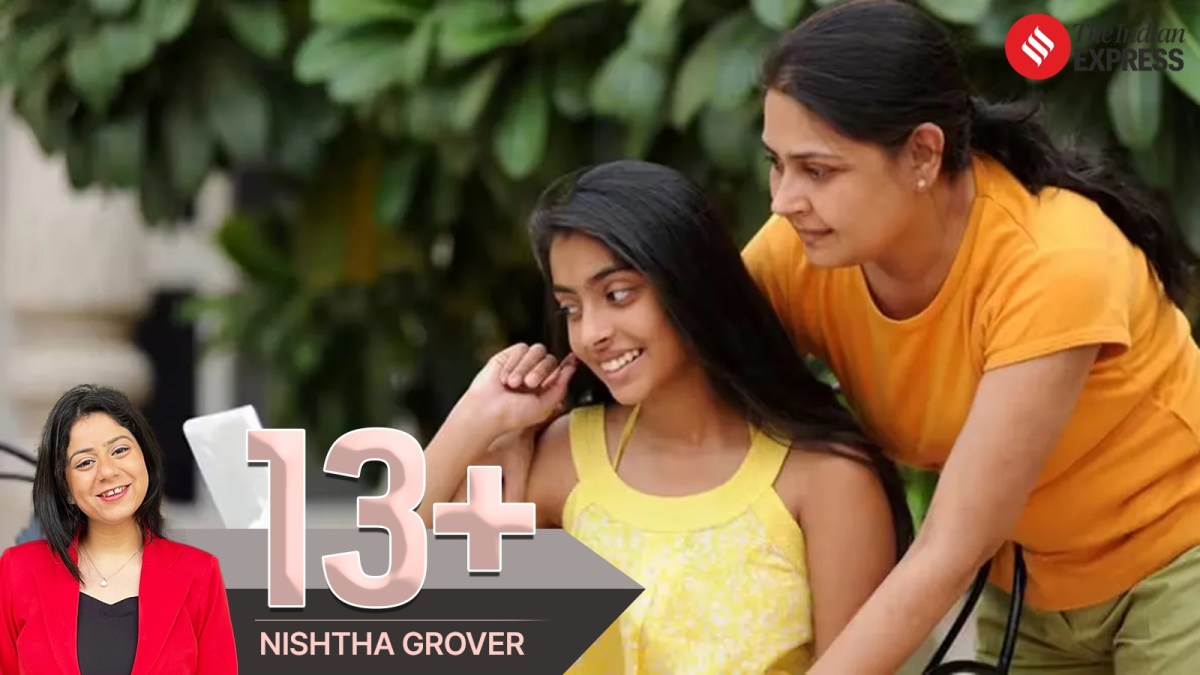What’s eggshell parenting and how can it affect your children?
If you feel you need help being a better parent, there's never a better time to consider eggshell parenting.

I recently visited a friend’s home. Two kids were chasing after a glass jar of chocolate chip cookies near the kitchen cabinet. As the older one reached for the jar, the younger one accidentally slipped, and the older child ended up breaking the jar. Before anyone could react, the older child screamed at the younger one, blaming him, and the latter started crying profusely. Despite that, the older child continued yelling, “Can’t you see what you’ve done? Now I’ll get scolded by Mom because of you!”
Beneath that anger, though, was fear—fear of being reprimanded. The terror of making a mistake manifested as anger towards the younger sibling, a classic example of how stress and anxiety work in children.
Dr Kim Sage has popularised the term to describe harmful power dynamics within the family. Parents who engage in eggshell parenting often create an atmosphere where possible unpredictable emotional outbursts from parents force children to “walk on eggshells,” leaving them in a state of hypervigilance and emotional exhaustion.
Eggshell parenting can manifest in various ways – yelling unpredictably, constant name calling, alling children names, isolating them when they make mistakes, guilt-tripping or blaming them for minor issues etc. Such emotionally damaging behaviour can result in children growing into adults who struggle to form stable relationships. They may live in a constant state of fight, flight, or freeze because they can never anticipate consistent reactions from their parents.
Dr Sage explains that this creates a traumatic attachment for children. When parents mix moments of love with harsh criticism or erratic punishment, children grow uncertain and anxious, unsure of what to expect next. Children are forced to focus on keeping the parent sane and peaceful, and this leads to hypervigilant and alert behaviour, constantly checking the environment for potential threats.
Consider this example: A child scores 95 per cent in an exam and is initially congratulated. However, shortly afterward, the parent yells, “You could’ve done even better if you hadn’t wasted so much time playing outside.” This back-and-forth leaves the child confused—should they feel proud of their achievement or guilty for not doing more? Over time, this pattern leads to emotional exhaustion as the child continually strives to prove their worth.
In Indian households, it’s not uncommon for parents to use various tactics to motivate their children. However, it’s not to be confused with eggshell parenting. The key difference is that eggshell parents rarely feel accountable for their actions. Instead of acknowledging their own emotional responses, they blame the child for causing their anger.
Occasional parental frustration and outburst is natural and can be balanced with love, apologies, and respect for children as individuals. What’s dangerous is when children are consistently made to feel like the cause of their parents’ stress, rather than being supported through their mistakes.
It is important to understand the long-lasting emotional impacts eggshell parenting can have on children. Imagine having to walk on eggshells all day––sounds exhausting, right? That’s the kind of emotional strain children may carry into adulthood, and pass it on to their partners or even their own children.
If you feel you need support in managing your emotions as a parent, there’s never been a better time to seek help. Taking care of your well-being allows you to pour into your child’s emotional cup more effectively. A safe, secure family environment fosters healthy, stable relationships for generations to come.